It’s no secret that branding is everything. But let me tell you something: it’s not just about fancy logos and catchy taglines anymore. Nope, it goes way beyond that. It’s all about quality #content and how it shapes the way people perceive your brand. Innovative Marketing Solutions can deliver quality, relevant content right to your team or we can automatically post for you!
Think about it. When was the last time you stumbled upon a brand’s social media post or blog article that made you go, “Wow, this company really knows what they’re talking about!” It’s those moments that leave a lasting impression and make you want to engage with that brand.
So, how can you use quality content to shape your brand perception? Here is how Innovative Marketing Solutions can help:
1️⃣ Authenticity: People crave authenticity in today’s world. They want to connect with brands that are real and genuine. By creating quality content that reflects your brand’s values and personality, you can build trust and establish a strong connection with your audience.
2️⃣ Expertise: Show off your expertise! Share valuable insights, industry trends, and thought leadership content that positions your brand as a knowledgeable authority. When you consistently provide valuable information, people will start to see you as a go-to resource in your field.
3️⃣ Consistency: Consistency is key when it comes to content. Whether it’s blog posts, social media updates, or videos, make sure you’re delivering consistent messaging and maintaining a cohesive brand voice. This builds familiarity and reinforces your brand’s identity in the minds of your audience.
4️⃣ Engagement: Don’t just talk at your audience, engage with them! Encourage conversations, ask questions, and respond to comments. When you actively engage with your audience, it shows that you value their opinions and are genuinely interested in building relationships.
Remember that “quality content” is the secret sauce to shaping your brand perception. It’s what sets you apart from the competition and makes people take notice.
Innovative Marketing Solutions is very excited to announce our new customized Content packages: (Blogs, Organic Social Media, Linkedin, Google Ads, Long-Form Thought Leadership, and more). Fully automated! Just sit back and watch your brand grow and we will do all the work.
Contact Innovative Marketing Solutions today and let’s create amazing content, and watch your brand soar!










